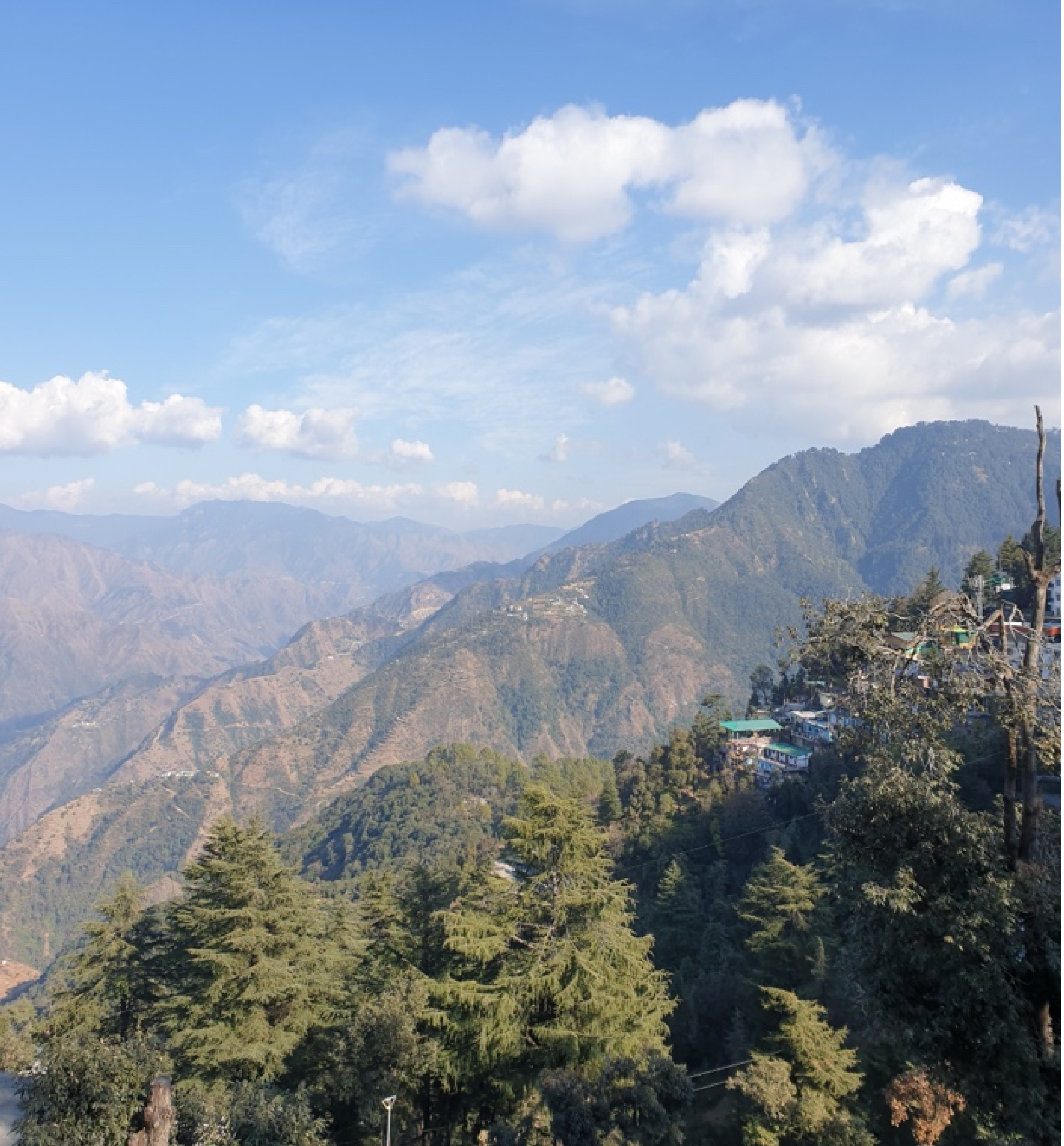 Food insecurity, hunger and malnutrition continue to pose a major challenge for development, globally. The Himalayan belt, a particularly remote and backward region, where food production is constrained by the terrain and severe climatic conditions, and the problems are compounded due to weak infrastructure, displays the worst food insecurity and nutritional status, with maximum impacts on women. Pragya is addressing these concerns through three broad strategies: (i) Women’s nutri-gardens and Nutrition Watch: small agricultural initiatives for women to increase family food security and nutritional levels; (ii) Nutrient-dense montane farming: agricultural practices and technologies which address nutrient deficiencies; and (iii) Himalayan agri-production scale-up: agricultural improvements for improving land productivity and crop yields to enhance farm incomes.
Food insecurity, hunger and malnutrition continue to pose a major challenge for development, globally. The Himalayan belt, a particularly remote and backward region, where food production is constrained by the terrain and severe climatic conditions, and the problems are compounded due to weak infrastructure, displays the worst food insecurity and nutritional status, with maximum impacts on women. Pragya is addressing these concerns through three broad strategies: (i) Women’s nutri-gardens and Nutrition Watch: small agricultural initiatives for women to increase family food security and nutritional levels; (ii) Nutrient-dense montane farming: agricultural practices and technologies which address nutrient deficiencies; and (iii) Himalayan agri-production scale-up: agricultural improvements for improving land productivity and crop yields to enhance farm incomes.Meeting the development needs of marginalised people in some of the remotest areas of the world.
10 September 2014
Addressing nutrition - the Pragya way...
 Food insecurity, hunger and malnutrition continue to pose a major challenge for development, globally. The Himalayan belt, a particularly remote and backward region, where food production is constrained by the terrain and severe climatic conditions, and the problems are compounded due to weak infrastructure, displays the worst food insecurity and nutritional status, with maximum impacts on women. Pragya is addressing these concerns through three broad strategies: (i) Women’s nutri-gardens and Nutrition Watch: small agricultural initiatives for women to increase family food security and nutritional levels; (ii) Nutrient-dense montane farming: agricultural practices and technologies which address nutrient deficiencies; and (iii) Himalayan agri-production scale-up: agricultural improvements for improving land productivity and crop yields to enhance farm incomes.
Food insecurity, hunger and malnutrition continue to pose a major challenge for development, globally. The Himalayan belt, a particularly remote and backward region, where food production is constrained by the terrain and severe climatic conditions, and the problems are compounded due to weak infrastructure, displays the worst food insecurity and nutritional status, with maximum impacts on women. Pragya is addressing these concerns through three broad strategies: (i) Women’s nutri-gardens and Nutrition Watch: small agricultural initiatives for women to increase family food security and nutritional levels; (ii) Nutrient-dense montane farming: agricultural practices and technologies which address nutrient deficiencies; and (iii) Himalayan agri-production scale-up: agricultural improvements for improving land productivity and crop yields to enhance farm incomes.
Subscribe to:
Post Comments (Atom)
When Old Patterns Stop Making Sense: Shifts in Western Himalayan Plant Assemblages, 2020-2024 by Sudipto Majumdar, Pragya T...

-
The Kesar Saga poem is an eleventh-century Tibetan epic about Kesar, the King of Ling. The story became the national epic of Ladakh, and ...
-
The earthquakes and aftershocks which struck Nepal in 2015 had an enormous impact on the country’s poorest communities. The effect on Nepal...
-
Nilima Das has been working as a mentor (Missamari village, Sonitpur, Assam) to empower women and to sensitise all stakeholders in the ...






No comments:
Post a Comment